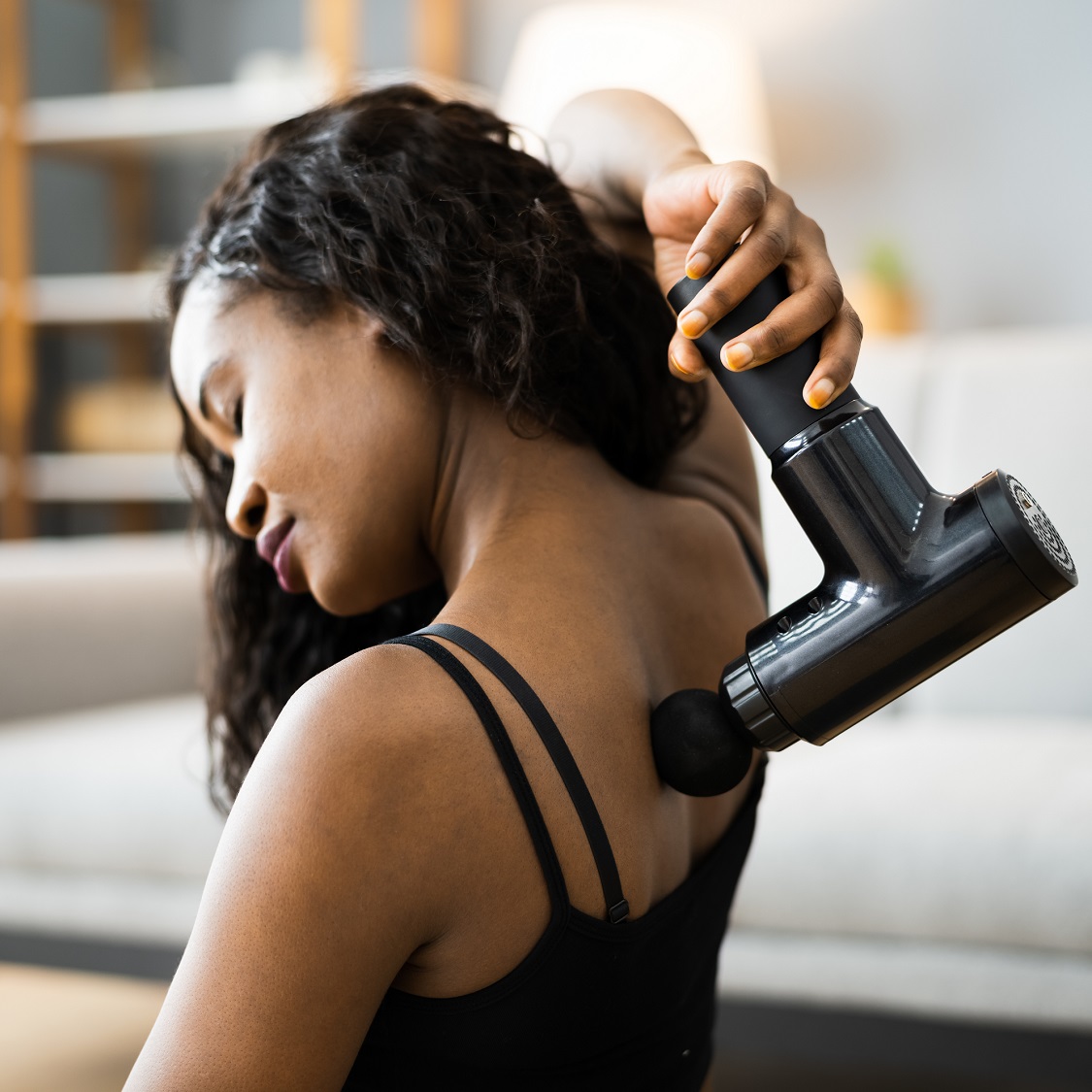7 Ways To Avoid Food Poisoning, and What to Do If You Get Sick

April 25, 2022
Whether you’re preparing an elaborate meal for your family or quickly cobbling something together on a weeknight, the last thing that you want to do is make anyone in your household sick.
About 48 million Americans – 1 out of every 6 people – succumb to food poisoning every year, according to the U.S. Centers for Disease Control and Prevention. Taking a little time to adopt safer food-handling practices could limit the number of people who get sick.
To decrease your chances of getting food poisoning, follow these practices at home:
- Wash your hands often. Clean your hands well when you enter the kitchen to cook; each time that your hands get dirty while you’re preparing your meal; every time that you touch raw meat, poultry, seafood or eggs; and before you sit down to eat. Use soap and warm water, and lather for 20 to 30 seconds each time that you wash.
- Clean cutting boards, utensils and platters. Use separate knives and cutting boards for meat and vegetables, and wash everything when you’re done using it. Wash the countertop where you prepared food, too, so that germs don’t linger there. Avoid cross-contamination by washing platters after they’ve held raw meat, before you place cooked meat on them.
- Rinse fresh produce. Wash fruits and vegetables before you slice or eat them. They may be harboring germs.
- Toss leftovers when they’re old. After a few days, germs may multiply in your leftovers – even in something that looks or smells good enough to eat. Follow food safety recommendations and dispose of food when it’s too old.
- Cook foods to the recommended temperatures. Heating your food to the recommended temperature ensures that any germs that could cause food poisoning are killed. Is your burger with a pink center safe to eat? Use a food thermometer to find out for sure.
- Refrigerate leftovers quickly. After you serve a meal, refrigerate leftovers within 2 hours to limit the growth of harmful germs. When it’s 90 degrees outside, chill your food after 1 hour. Keep your fridge cooler than 40 degrees and your freezer cooler than 0 degrees.
- Store raw meat/poultry/seafood away from other foods. Keep raw meat, poultry and seafood on the bottom shelf of your fridge, rather than a top shelf. That way, if any liquid leaks out of the packaging, it won’t drip on other foods.
If you do experience nausea, vomiting, diarrhea or other signs of food poisoning:
- Take it easy. Don’t eat or drink anything right away; allow yourself time to rest and recover. Nap, if you can.
- Do your best to stay hydrated. If you’ve vomited, start by sucking on ice chips or sipping water slowly. Clear broth, clear soda or caffeine-free sports drinks are good options when you can drink more.
- Eat blander foods to start. When you feel well enough to eat, have saltines, dry toast, plain rice, bananas or applesauce. Steer clear or fried, fatty or spicy foods, as well as dairy and alcoholic beverages.
Many people with food poisoning recover at home, but some need medical attention. Seek care immediately if:
- You have diarrhea for 3 days.
- You have blood in your diarrhea.
- You’re vomiting too frequently to keep liquids down.
- You feel dizzy, have a dry mouth and haven’t urinated much, due to possible dehydration.
- Your temperature is 102 degrees or higher, accompanied by vomiting or diarrhea.
Next Steps & Resources:
- Meet our source: Kamlesh Shah, M.D.
- To make an appointment with Dr. Shah, or a doctor near you, call 800-822-8905 or visit our website.
The material provided through HealthU is intended to be used as general information only and should not replace the advice of your physician. Always consult your physician for individual care.
Find a doctor near me
Can You Prevent Osteoarthritis?

Prevent Osteoarthritis? Learn how to reduce your risk and manage symptoms with expert advice from Dr. Randolph Sanchez. Call 800-822-8905.
Is it Safe to Travel this Summer?

Safe Summer Travel? Dr. Zuckerman offers tips for healthy trips. Reduce COVID-19 risk with smart planning. Schedule an appointment today: 800-822-8905
Find a doctor near me

Colonoscopy vs. At-home Screening: Which Is Right for You?
Colon cancer is one of the leading causes of cancer deaths in the United States. Here’s what you should know about screening options available.

4 Reasons You Might Be Tired Often
Feeling tired often? Learn four possible reasons for chronic fatigue from Dr. Baird. Discover tips for better sleep and find a doctor today. Call 800-822-8905.

Are Massage Guns Good for You? A PT Explains
Learn if massage guns benefit you. A physical therapist explains proper use, benefits, and when to avoid them. Schedule an appointment today.

Shoulder Pain Without Injury: Top 6 Causes and How to Find Relief
Learn about common causes of shoulder pain without injury and how to find relief. Discover treatment options from experts at Hackensack Meridian Health.
